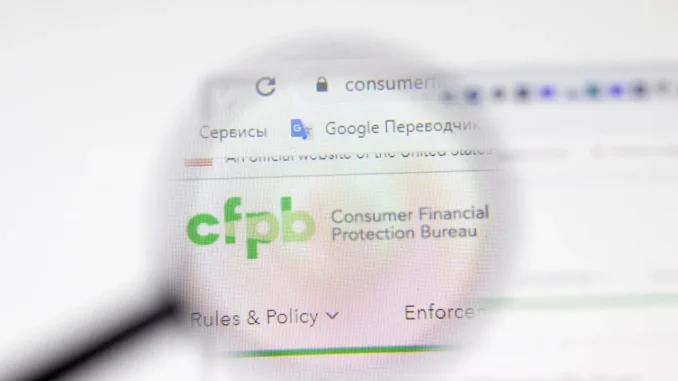
The Consumer Financial Protection Bureau (CFPB) will look for ways to streamline and simplify mortgage servicing rules in the months ahead following public comment on how to reduce risks for borrowers having trouble with their mortgage payments, according to a blog post from CFPB Director Rohit Chopra.
Chopra noted in the post the importance of mortgage servicing rules to the ability for borrowers to keep up with their loans — despite servicers being chosen by the lender and not the borrower, he said.
“In the mid-2000s, predatory mortgage practices spread throughout the country,” Chopra wrote. “Many large financial institutions with mortgage servicing operations experienced serious breakdowns. This resulted in a crisis where 10 million homes ended up in foreclosure between 2006 and 2014. The foreclosure crisis was an important catalyst for the creation of the Consumer Financial Protection Bureau.”
In addition to the founding of the CFPB and the implementation of the first mortgage rules in 2014, the pandemic has highlighted how certain servicing rules operate in adverse conditions — particularly in relation to a spike in the national unemployment rate.
“The CFPB observed that there were places where the rules could be revised to reduce unnecessary complexity,” Chopra said. “Last fall, the CFPB asked the public for input on ways to reduce risks for borrowers who experience disruptions in their ability to make mortgage payments, including input on the mortgage forbearance options available to borrowers. In particular, we sought input on the features of pandemic-related forbearance programs and whether there are ways to automate and streamline long-term loss mitigation assistance.”
Stakeholders, including housing organizations, homeowner advocates and mortgage servicers, noted that the borrowers requiring mortgage assistance regularly face complexity and paperwork that impacts both the borrowers and servicers.
“According to commenters, the temporary pandemic-related changes we made to the mortgage servicing rules helped alleviate this problem and get borrowers accommodations more quickly,” Chopra wrote. “Commenters also expressed concern that borrowers often incur servicing fees and experience negative credit reporting while waiting for their mortgage servicers to review their options.”
As a result, the CFPB will investigate and seek out input on ways that mortgage servicing rules can be streamlined and simplified, Chopra said.
“When homeowners who struggle to make payments get the help they need without unnecessary delay or hurdles, it is better for borrowers, servicers, and the economy as a whole,” Chopra wrote. “The CFPB will be using this input from commenters to propose ways to simplify and streamline mortgage servicing rules.”
The CFPB will propose to streamline certain rules “only if it would promote greater agility on the part of mortgage servicers in responding to future economic shocks while also continuing to ensure they meet their obligations for assisting borrowers promptly and fairly,” Chopra stated.



